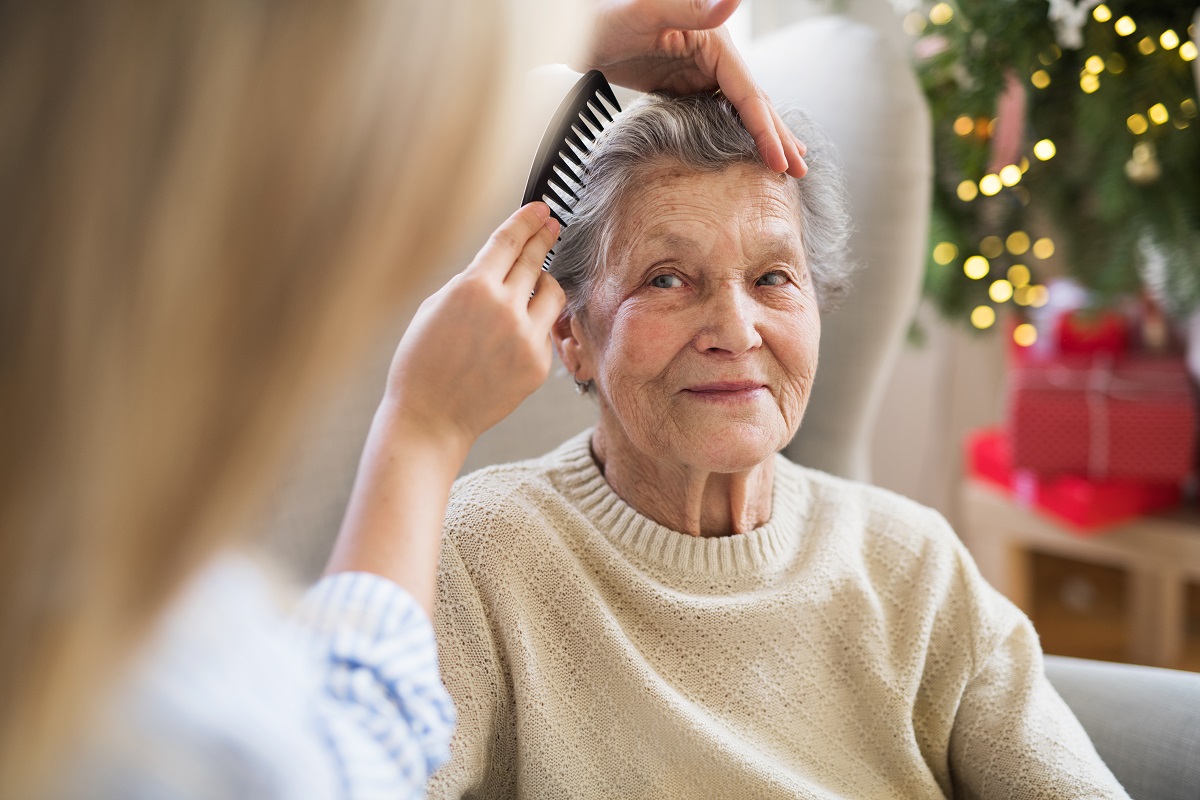Do more to fight financial abuse of elderly, say Age UK

The charity believes tens of thousands of older people are at risk of financial abuse, and collaboration from health, social services and the financial sectors should be stepped up to help deal with thisAge UK believe pensioners need better protection from financial abuse and scams, warning that with an ageing population and one that is increasingly affected by cognitive illnesses such as dementia, the risk of it happening is growing.Latest figures show 130,000 people aged over 65 have suffered some form of financial abuse from someone that is known to them. Women are twice as likely to be victims than men, with the majority of them aged 80 to 89 and living on their own, single or widowed.While many may assume that financial abuse is most likely to happen by unknown rogue traders, the sad fact is that family members are often the perpetrators, making up half of all this type of crime.Now Age UK are calling on those in the financial sector, health services, social services and legal and police services to be given more staff training and improve protocols so the telltale signs of this kind of abuse can be spotted sooner. There are around 300,000 older people who are dependent on others for help with financial transactions.The charity is also asking financial institutions to change their approach to liability if abuse occurs. Currently, the blame still lies with the victim, but Age UK think banks need to take more responsibility.Caroline Abrahams, Charity Director at Age UK, said:‘An ageing population brings many positives but also challenges, such as the steep rise in the numbers of older people with dementia and other cognitive problems – which we know are a major risk factor for financial abuse.‘That’s why it is so important that we develop practical tools for organisations, not just in the financial sector but in health and care too, to help staff who engage with older people to be alert to cognitive decline, the consequent risks of financial exploitation and abuse, and how best to prevent and tackle them.‘In addition, the fact that the overwhelming majority of families want only the best for their older relatives should not blind the authorities to the sad reality, which is that financial abuse does sometimes happen in families, just as we know other forms of abuse do too.’They’ve created a list of signs to look out for if someone is suffering financial abuse:• Sudden changes in their banking habits• Sudden involvement from a new “best friend” who may accompany them to the bank• Changes in living conditions• The inability to pay bills• The sale of their possessions• The disappearance of financial documents• Large cash withdrawals being made• Unexplained withdrawals from savings• The person reports cash or items being stolenAnd these are signs that someone may be carrying out financial abuse on someone:• Increased interest in protecting an inheritance• A suddenly enhanced lifestyle• Asking an older person to pay in cash for workSource: ageuk.org.uk
Our Resources by Our Experts
Want to learn more about all things care industry? Check out our blog!

Jazz pianist with dementia uses Gumtree to recruit band members
Edward Hardy, 93, received over 80 responses from people wanting to jam with him at his care home in Somerset

5 reasons dementia affects sleep
Everyone feels better after a good night’s sleep and people living with dementia are no exception. So what can you do to help them sleep longer and better?

Hearing aids are key in reducing risk of cognitive decline, claims physician
Ensuring that people with hearing problems have access to hearing aids could be important in the fight against dementia

How to make your garden safe for someone with dementia
Find out how to turn your garden into a safe haven that your loved one will really enjoy spending time in